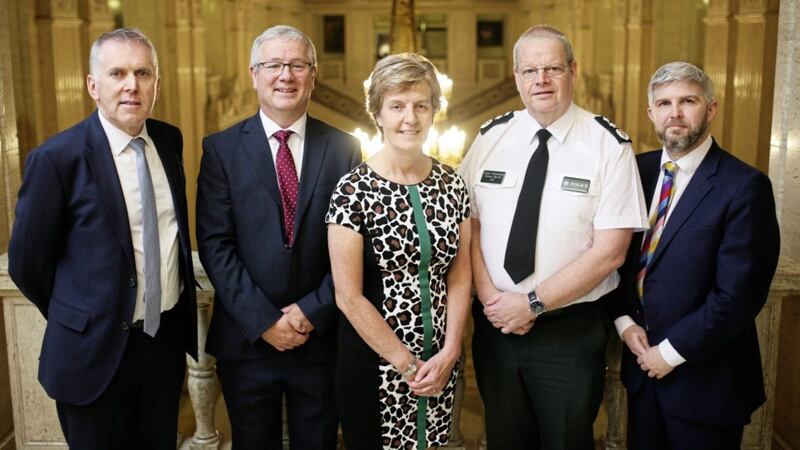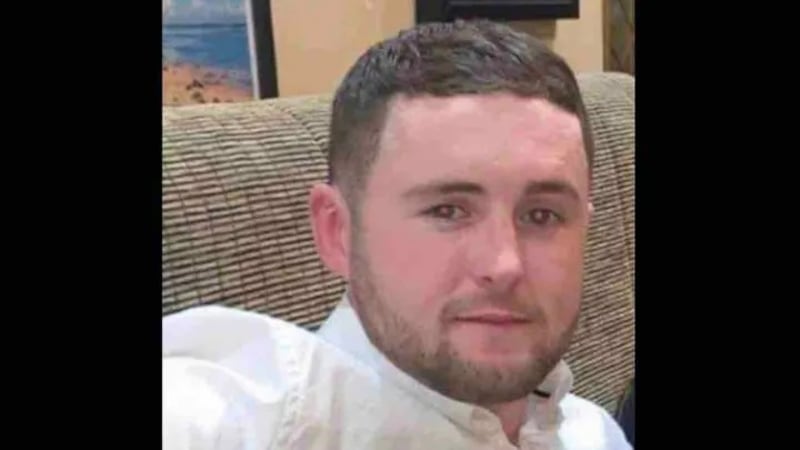PROBATION officers working with offenders through Substance Misuse Courts have to "ring every client to make sure they are still alive" every morning.
Probation Board NI (PBNI) chief executive Cheryl Lamont paid tribute to colleagues and the support they give to people with "deep rooted addictions and mental health problems" as she spoke of the organisation's ambitions to expand so-called `problem solving' justice.
The Substance Abuse pilot programme, which has been extended for a further year, allows a judge to refer offenders to an intensive treatment-focused behavioural change programme before sentencing.
PBNI chairman Dale Ashford told a seminar yesterday debate must move away "from `tough justice' versus `soft justice' and instead to think about `smarter justice', adding this is supported by politicians from all parties.
"For us smarter justice means - delivering evidence based practice which reduces re-offending and prevents people becoming victims of crime.
"It means being innovative, collaborative, and responsive in meeting the needs of communities. It means demonstrating to the public that probation is making a difference and changing lives."
He urged the public to respond to consultation on how it can deliver justice that is "effective, value for money and which keep communities safer."
Head of the Northern Ireland Civil Service David Sterling admitted "how we work with people who have offended is perhaps one of the most controversial and yet least understood areas of public policy."
"If we measure success by asking `is anyone better off' as a result of these initiatives - the evidence is telling us that yes - individuals, families and communities are better off."
He cited Support Hubs, in council areas across the north, which provide vulnerable individuals help "that is right for them, by the right authority, in the right place and at as early a stage as possible" and has reduced calls to the PSNI "on average by 46 per cent".








